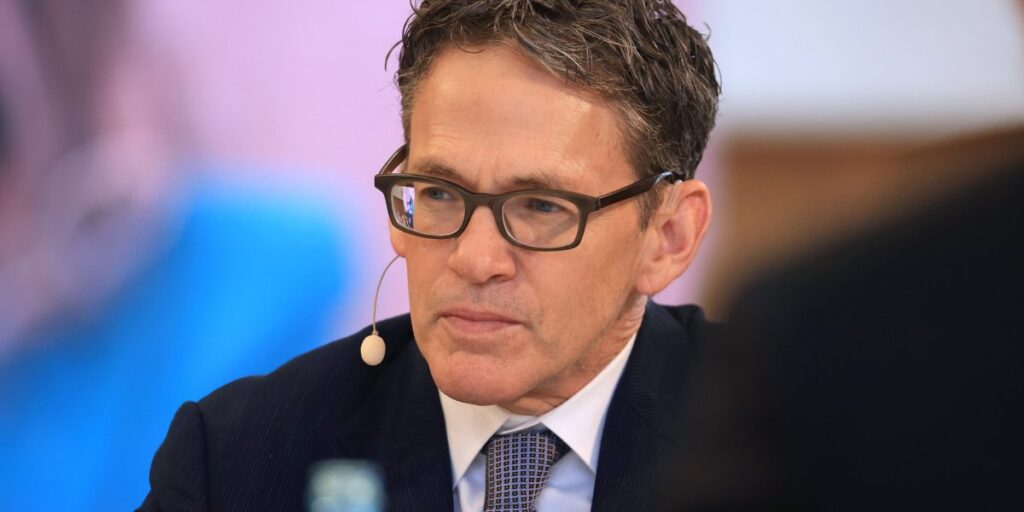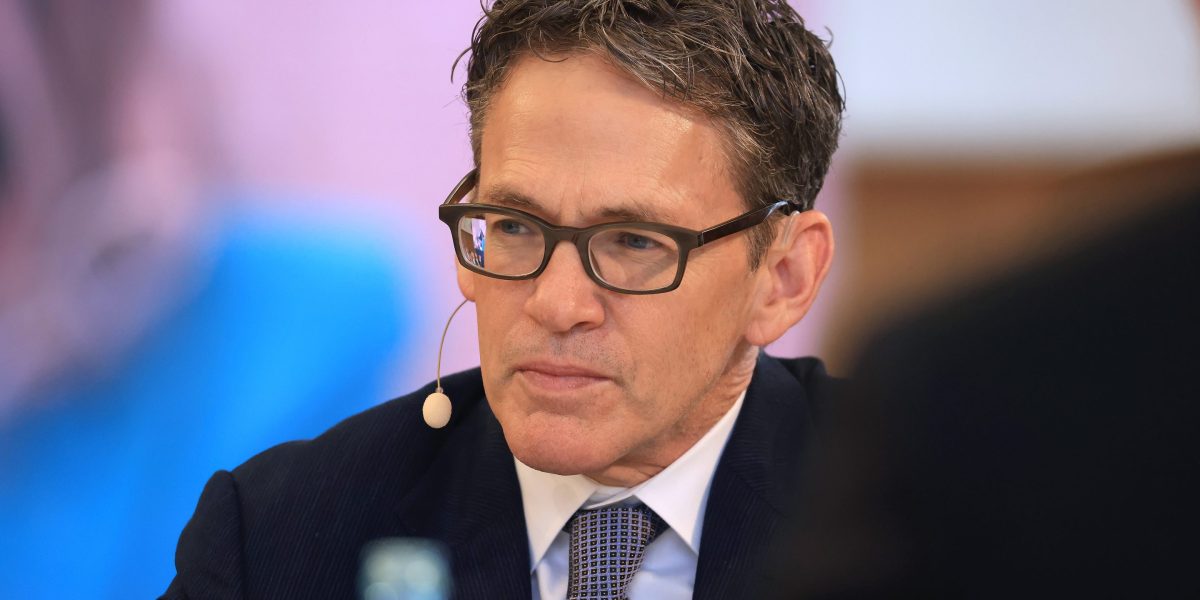Chemical giant Bayer reports heavy drop in profit amid ongoing Roundup cancer lawsuit
The group reported a net loss of 4.18 billion euros in the third quarter, with revenues in its agricultural unit down 3.6 percent.


German chemicals giant Bayer on Tuesday cut its forecast for 2024 operating earnings after a poor performance in its agrochemicals division hit quarterly profits.
The group reported a net loss of 4.18 billion euros ($4.45 billion) in the third quarter, with revenues in its agricultural unit down 3.6 percent.
A heavy drop in sales of its key glyphosate-based weedkillers — at the centre of long-running legal fights over claims they cause cancer — weighed particularly heavily.
Earnings at the agricultural unit were also hit by hefty writedown on assets.
“The development of the agricultural market has been weaker than anticipated, especially in Latin America,” the group said in a statement.
The Leverkusen-based group, which also makes pharmaceuticals and consumer health products, confirmed its sales targets for 2024.
But it lowered its outlook for EBITDA — or operating earnings, a key measure of corporate profitability — to between 10.4 billion and 10.7 billion euros from a previous forecast of between 10.7 billion and 11.3 billion euros.
It also cut the outlook for profit margins in the agrochemicals division.
Elsewhere, Bayer — the maker of Aspirin — reported slightly higher sales in its pharmaceuticals division but a drop in operating earnings due to currency effects.
The consumer health unit reported higher sales and earnings.
Bayer has been dogged in recent years by massive litigation issues linked to the Roundup weedkiller, a problem it inherited in the 2018 takeover of US firm Monsanto.
The group has faced a wave of lawsuits in the United States over claims Roundup, which contains the active ingredient glyphosate, causes cancer. Bayer denies the claim but has spent billions of euros on legal costs.
Group CEO Bill Anderson, hired last year to help steer the troubled group in a new direction, is aiming to make savings of two billion euros a year from 2026.
He has previously ruled out any imminent break-up of the group despite facing pressure from activist investors to do so.





